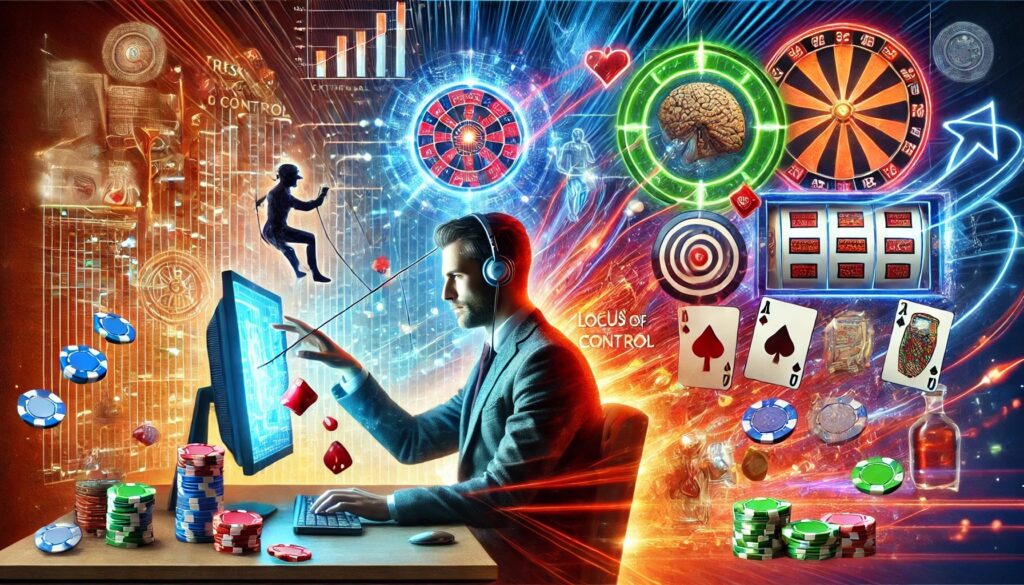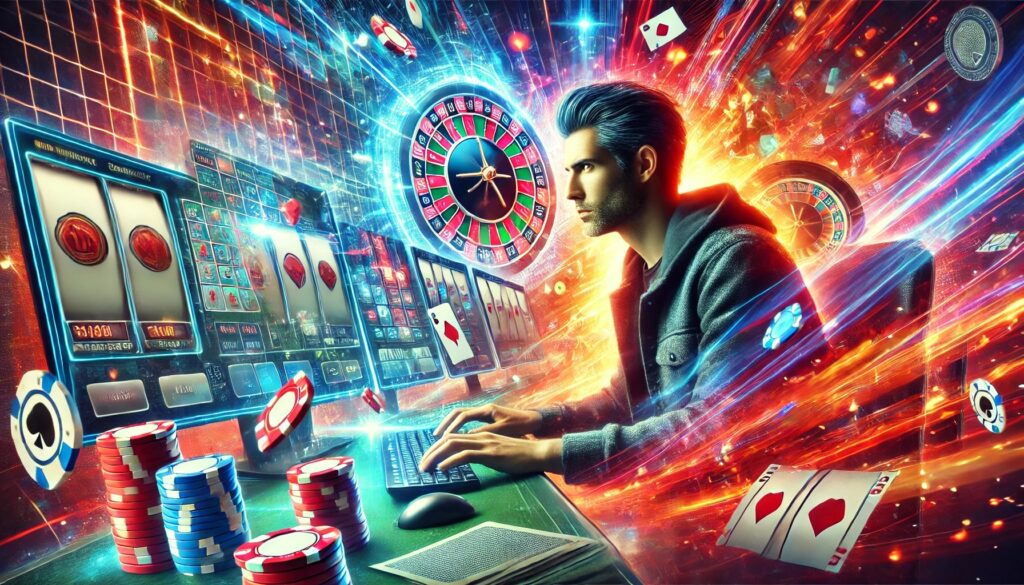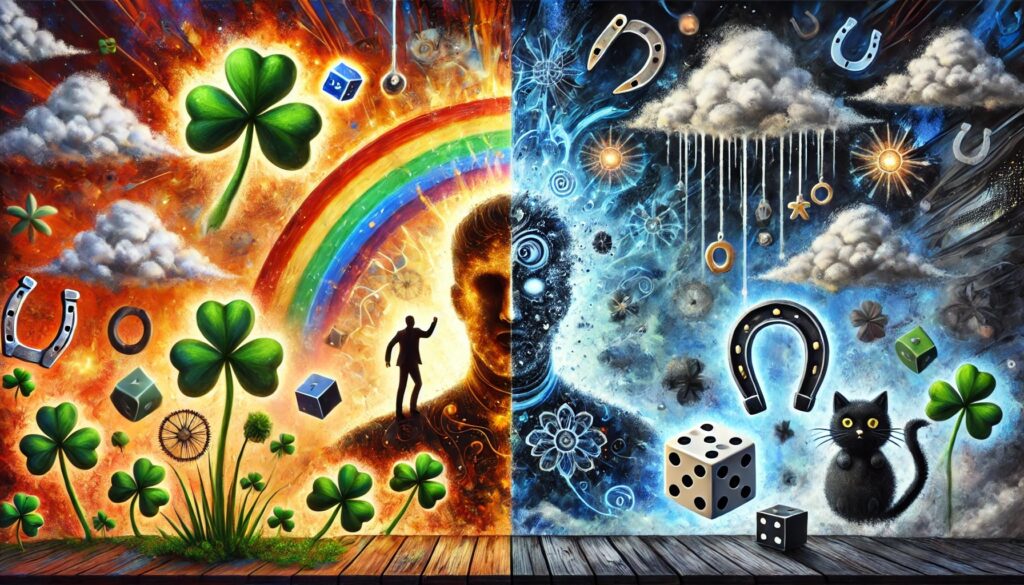The Psychology of Luck and Online Casinos
The concept of luck, which can be somewhat vague, plays a big role for many people at online casinos. The impact that luck has goes beyond just winning and losing, it can also change the mindset, behaviour and strategies of gamblers who believe in it. In this article, I will talk about the psychology of luck, and how it can impact your gambling and decision-making.
The Concept of Luck
Luck is the hypothetical force that causes things to happen by chance. In gambling, it is often seen as the invisible hand that guides the dice, the spin of a roulette wheel, or the shuffling of the cards. So, if you believe in luck, gambling is not a series of random events but a narrative where fortune favours the lucky. This belief in luck can have a real influence on your gambling behaviours, by attributing wins to luck and blaming losses on bad luck. While the actual events are just randomness and statistics at work, and not really guided by any kind of force, it’s undeniable that sometimes you can get lucky or be unlucky, and it’s easy to understand why this could lead you to believe in luck as a force.
Psychological Theories Behind the Belief in Luck
Locus of Control
Psychological studies on luck often reference the concept of the “locus of control”. This theory, developed by psychologist Julian B. Rotter in the 1950s, categorizes people based on how they perceive the source of influence that affects their lives. Those with an external locus of control believe that their lives are governed by external factors, like fate, or luck. In contrast, individuals with an internal locus of control believe that they can influence outcomes through their own actions.
In the context of gambling, those with an external locus of control are more likely to believe in luck and may see gambling as a way to test their fortune. This belief often leads to riskier gambling behaviours, as outcomes are attributed to luck rather than personal skill or decisions.

Cognitive Bias
Cognitive biases also play a key role in the belief in luck. The “gambler’s fallacy” is a good example. It is the belief that if something happens more frequently than normal during a given period, it will happen less frequently in the future, and vice versa. I see this quite often in the chat room when I play blackjack on communal tables. People will ask if the big payout side bet has happened recently, with the belief that, if it hasn’t paid out recently, the chance that it will pay out soon has increased. Gambler’s fallacy can lead you to believe in “hot streaks” or that your luck must change after a series of losses, which then affects your betting behaviour.
Superstitions, rituals, and lucky charms are other examples of cognitive biases in gambling. Many gamblers perform specific rituals or carry lucky items to influence their luck positively. These superstitions come from the human tendency to find patterns in random events, attributing wins to specific behaviours or objects. I tend to knock on wood, even though I’m fairly rational and don’t really believe in luck. It just goes to show that some of these behaviours are so deeply rooted in the human psyche and culture that it’s hard to avoid them completely.
Luck, Gambling Strategies, and Behaviours
Risk-taking
Believing in luck can lead to increased risk-taking, as gamblers may feel that luck will protect them from losing. This belief is often coupled with an “illusion of control,” where gamblers think they can affect the outcome of purely chance-based games through skill, strategy, or rituals. This illusion of control can lead to overconfidence and higher bets, increasing the risk levels for the gambler.

Decision-making
Believing in luck can also affect the decisions that gamblers make, by relying on intuition and gut feelings instead of rational analysis. This reliance on luck can lead to bad gambling decisions, as emotions override logic.
The belief in luck can also have a significant emotional impact on gamblers. Wins attributed to luck can lead to joy and a sense of invincibility, while losses blamed on bad luck can result in frustration, loss-chasing, and continued gambling in the hope that one’s luck will turn.
Luck in Gambling
The psychology of luck is an interaction between beliefs, biases, and behaviours. While the concept of luck can add some excitement to your gambling, it also poses risks, causing you to take more chances than necessary and making illogical decisions.
By understanding the psychological aspects of luck, you can stay in control, making informed decisions that enhance your gaming experience, while avoiding the risks associated with belief in luck.
Good luck…no, wait!



